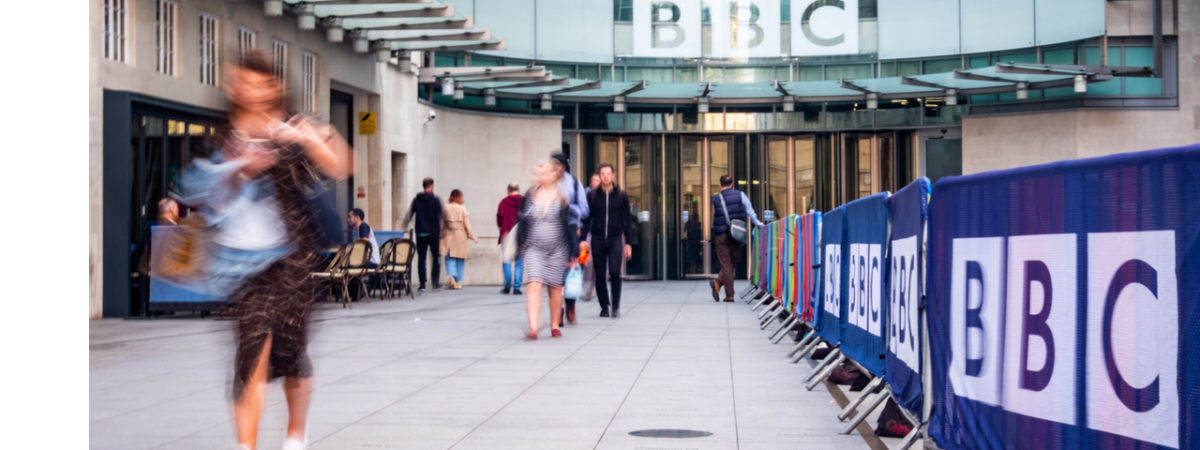A trip down memory lane
SUGGESTED



Many people who were involved with the IEA in the 1950s and 1960s are no longer with us, of course: this week we learnt of the death (at the age of 101) of Basil Yamey, formerly Professor of Economics at the LSE and Honorary Fellow of the IEA. Professor Yamey was a member of the Monopolies and Mergers Commission at one time, and he wrote on monopolies for the very first issue of Economic Affairs, the journal I now edit.
Another recent death was that of Sir Samuel Brittan, the longtime Financial Times journalist. Sir Samuel was the author of many books. I remember purchasing The Treasury Under the Tories when I was studying for A-level economics years ago. He also contributed a number of pieces to IEA publications, and was a regular attendee at our events until quite recently.
Another well-known journalist supporter of the IEA was Harold Wincott, who wrote for the FT in the 1950s and 1960s. Wincott’s name lives on in the Wincott Foundation, which awards annual prizes for financial journalism. Sir Geoffrey Owen wrote an appreciation of Harold Wincott, fifty years after his death, for the February issue of Economic Affairs. The Wincott Foundation also normally hosts an annual lecture, which over the years has been delivered by many famous liberal economists, amongst them George Stigler, Richard Epstein, Douglass North, David Henderson – and indeed Samuel Brittan. These lectures have usually been published by the IEA.
Yet another journalist supporter, but possibly less remembered nowadays, was Paul Bareau. He was an early supporter of the IEA, and was responsible for one of the very first IEA papers on the future of the sterling system, published in 1958. He made a number of other contributions to IEA publications, and his connection with the IEA was significantly strong for it to be mentioned in his obituary in The Times.
I vaguely remember Bareau as an active journalist. Late in his career he became editor of The Statist, once a much-admired Economist lookalike until Cecil King pulled the plug. I used to read it because, for some reason, my cousin gave me an annual subscription one Christmas. Bareau also used to pop up on television in those black-and-white, two-channel days, as he was an excellent impromptu speaker.
But there was a good deal more to Paul Bareau, as I have learnt from the excellent privately-published biography I was sent by its author, his youngest son Peter.
Paul Bareau’s life neatly encapsulated the twentieth century: born in 1901 in Belgium, he died in 2000 at the age of 98. His father, an Antwerp commodity trader, fled Belgium with Paul and his sister Suzanne when the Germans invaded in 1914. Louis Bareau, a widower, was able to draw on London contacts to establish a new life for himself and his children. Young Paul went to Dulwich College and then on to the LSE, where he studied in the evenings for a Bachelor of Commerce degree while working as a bank clerk. He appears to have been an excellent amateur boxer in his youth, but also developed into a very accomplished pianist.
The biography traces the highlights of a career as a journalist in the turbulent 1920s and 1930s, and as a lecturer and family man, but my attention was particularly taken by his spell working with Keynes during and immediately after World War II.
Seconded into the Treasury in the late stages of the war, Bareau was sent to Washington as press officer during the negotiations for the American loan – negotiations which took a huge toll on Keynes, probably precipitating his early death. Bareau’s comments in his letters home and in later life provide an unusual close-up of Keynes in action.
In the postwar period Bareau returned to journalism on the ill-fated News Chronicle. In 1957 he was involved in a rather unfortunate event which created a great deal of attention, but is forgotten today – the apparent leaking of news of an increase in bank rate. This was a big deal at the time, bank rate changes had huge significance as governments battled to maintain the value of Sterling in a fixed exchange rate system. Shadow Chancellor Harold Wilson raised the issue to the status of a major scandal. A tribunal was accordingly set up and Bareau, who had written an article which suggested he had some knowledge of the leak, was obliged to give evidence. Although he was exonerated, it must have been a difficult time for him.
Following the end of his editorship of The Statist in 1967, Bareau continued an active life as a journalist and lecturer (he gave the 1980 Wincott lecture), and took on a very large number of consultancy and advisory roles.
One rather unfortunate role he took on, and continued into his very late 80s, was as consultant to the Mirror Group’s pension fund – a fund which was notoriously embezzled by Robert Maxwell. From 1992 to 1995, at a very advanced age, he was forced to answer a lot of seriously awkward questions. As his son suggests, he really should not have continued in such a responsible role at an age when he probably could not fully carry out the necessary degree of oversight.
An interesting life, and some unusual insights into the events of the last century. Today’s IEA grapples with a range of issues which were unknown to Harold Wincott, Paul Bareau and their contemporaries, but it is always useful to remind ourselves of where we have come from.
Only a limited number of copies of this book were printed. If anyone would like to get hold of one, please contact me and I will put you in touch with Peter Bareau.




